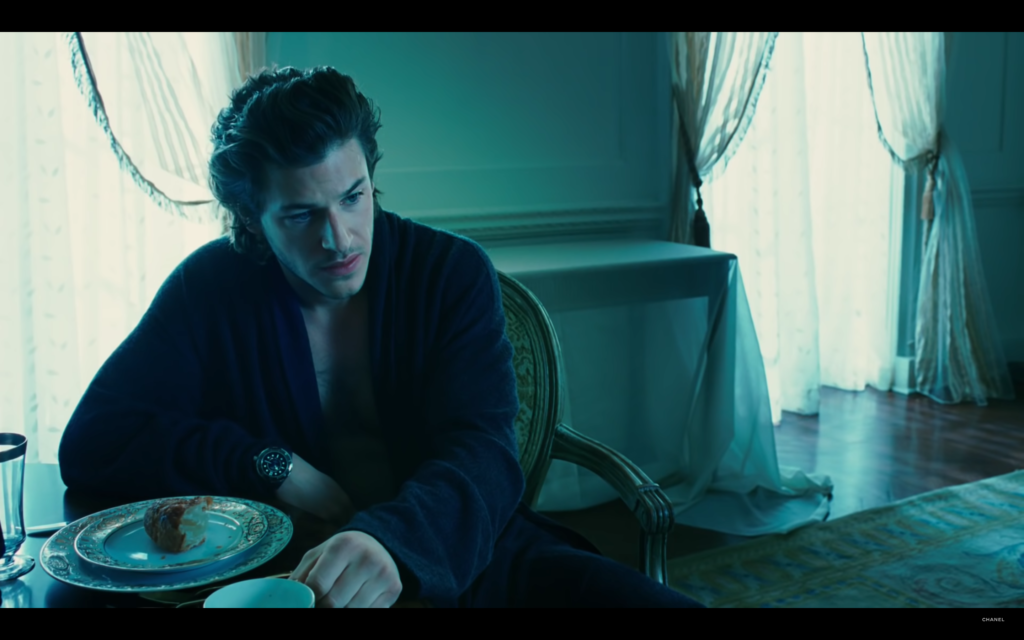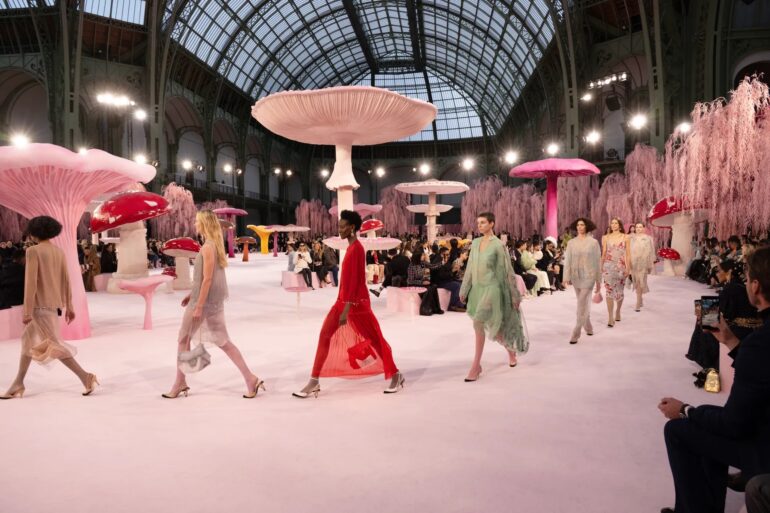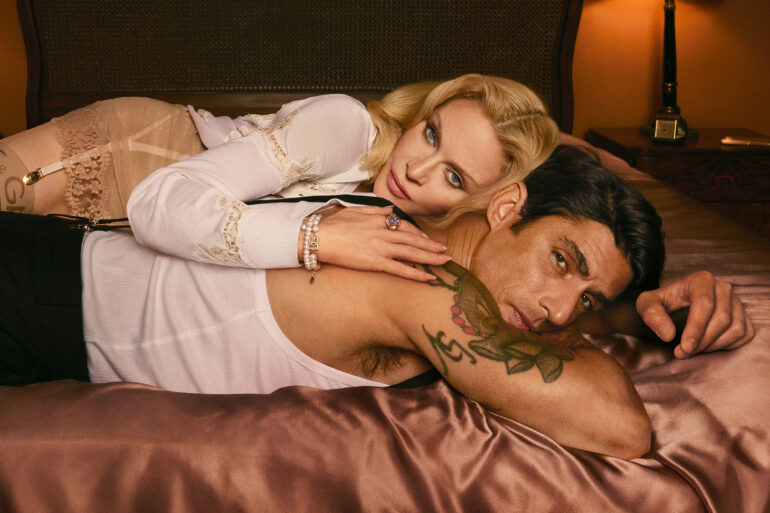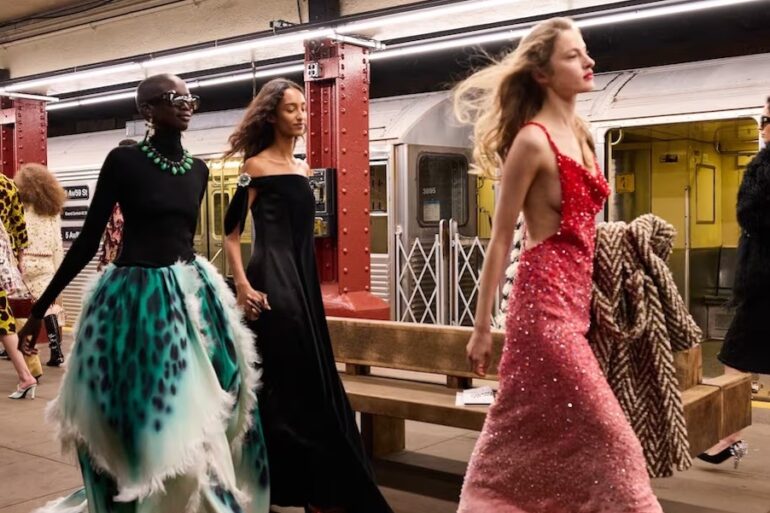Chanel’s and Chalamet’s online platforms went wild when the French-American actor was officially unveiled as the new Bleu de Chanel ambassador. Here’s the lowdown on the responses.
“I’m not going to be the person I’m expected to be anymore,” said Gaspard Ulliel in his action-packed and sensual short film for Bleu de Chanel in 2010. Directed by Martin Scorsese, the ad sparked the charismatic French actor’s 12-year partnership with the luxury fashion house, which was unfortunately cut short by a skiing accident.
Confidence in nonconformity (and the strong, masculine sensuality that comes with it) defined Bleu de Chanel, what with its woody aromatic fragrance and a deep, intense, and lasting trail. Others have described it a “sensual ode to masculine freedom” and a scent for a determined and independent spirit—ideas that Ulleil, Chanel’s first male ambassador, embodied in his campaigns for the French Maison.



PHOTO: Youtube/CHANEL
Hence, it’s understandable why there’s a lot riding on Timothée Chalamet’s shoulders as he inherits Bleu de Chanel from his fellow Frenchman. More than Chanel being his first fashion or beauty ambassadorship, Chalamet’s appointment continues the conversation about what masculinity is and how it is defined in contemporary culture.
Several fans have pointed out that the French-American actor’s effortlessly cool boyish vibe and confidence in pushing boundaries for men’s fashion and beauty (remember that red backless number at the Venice Film Festival?) fit the “masculine freedom” that Bleu de Chanel represents.
And with Chalamet recognizing and reconciling with his diverse and often-clashing cultural identity—what with the contrast between fast-paced New York and nonchalant France—his ambassadorship marks a shift from being “static” with masculinity, embracing different ways to express oneself.
Others, however, expressed disappointment toward the news, saying that the likes of Henry Cavill—a “manly man,” an Instagram comment on this post said—should be selected as the ambassador. Ergo, such remarks point toward the idea that a conventionally attractive, muscular, and chiseled gentleman like the British actor could only represent the “masculine freedom” that Bleu de Chanel stands for.
Comments on Chanel’s post announcing Chalamet’s appointment have suggested Cavill as a perfect successor to Ulliel.
I think there’s something quite counterintuitive with limiting this feeling to a certain look, body type, or appeal. Granted, there are several more “masculinities” outside of the two actors, but Chanel’s move to cast somebody who isn’t the likes of Cavill signals a growing acceptance of what we can appreciate as “masculine.”
Granted, the behemoth that is the fashion and beauty industry is oft-slower than the ground to pick up on shifting dynamics and definitions of gender and self-expression, but a stride is a stride, nonetheless. I can’t wait to watch Chalamet’s short film for Bleu de Chanel, shot by Mario Sorrenti, this coming June.
Check out the teasers for Timothée Chalamet’s Bleu de Chanel campaign on Chanel’s Instagram page.








